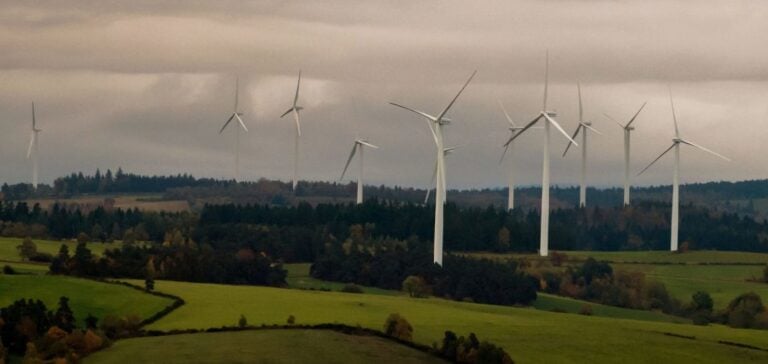In France, following the promulgation of the March 10, 2023 law to accelerate the production of renewable energies, a decree was published this Sunday in the Journal Officiel announcing the creation of the Observatory for Renewable Energies and Biodiversity. This development was strongly supported by the France nature environnement (FNE) association, which stressed the importance of monitoring environmental impacts to ensure a beneficial ecological transition.
Key players and their missions
The French Office for Biodiversity (OFB) and the French Agency for Ecological Transition(Ademe) are the main players responsible for managing the observatory. Their mission includes summarizing existing studies and data on the impact of terrestrial renewable energy installations on biodiversity, soils and landscapes, and assessing the effectiveness of avoidance, reduction or compensation measures.
Operating procedures and outlook
The text of the decree specifies that the observatory may, on an ad hoc and targeted basis, request or carry out specific studies and expert appraisals on subjects of interest in connection with its missions. This capacity for initiative is designed to provide appropriate responses to the complex issues raised by the development of renewable energies.
Pending issues and regulatory delays
The government had also announced the imminent publication of a decree regulating the cohabitation of solar energy production and agriculture on farmland, scheduled for this weekend. However, the decree has not been published as planned, creating a palpable expectation among energy companies and the farming community, who are directly impacted by these regulations.
The establishment of the Renewable Energies and Biodiversity Observatory is a significant step towards a better understanding and management of the environmental impacts of renewable energies, essential for a truly virtuous and environmentally-friendly energy transition.






















